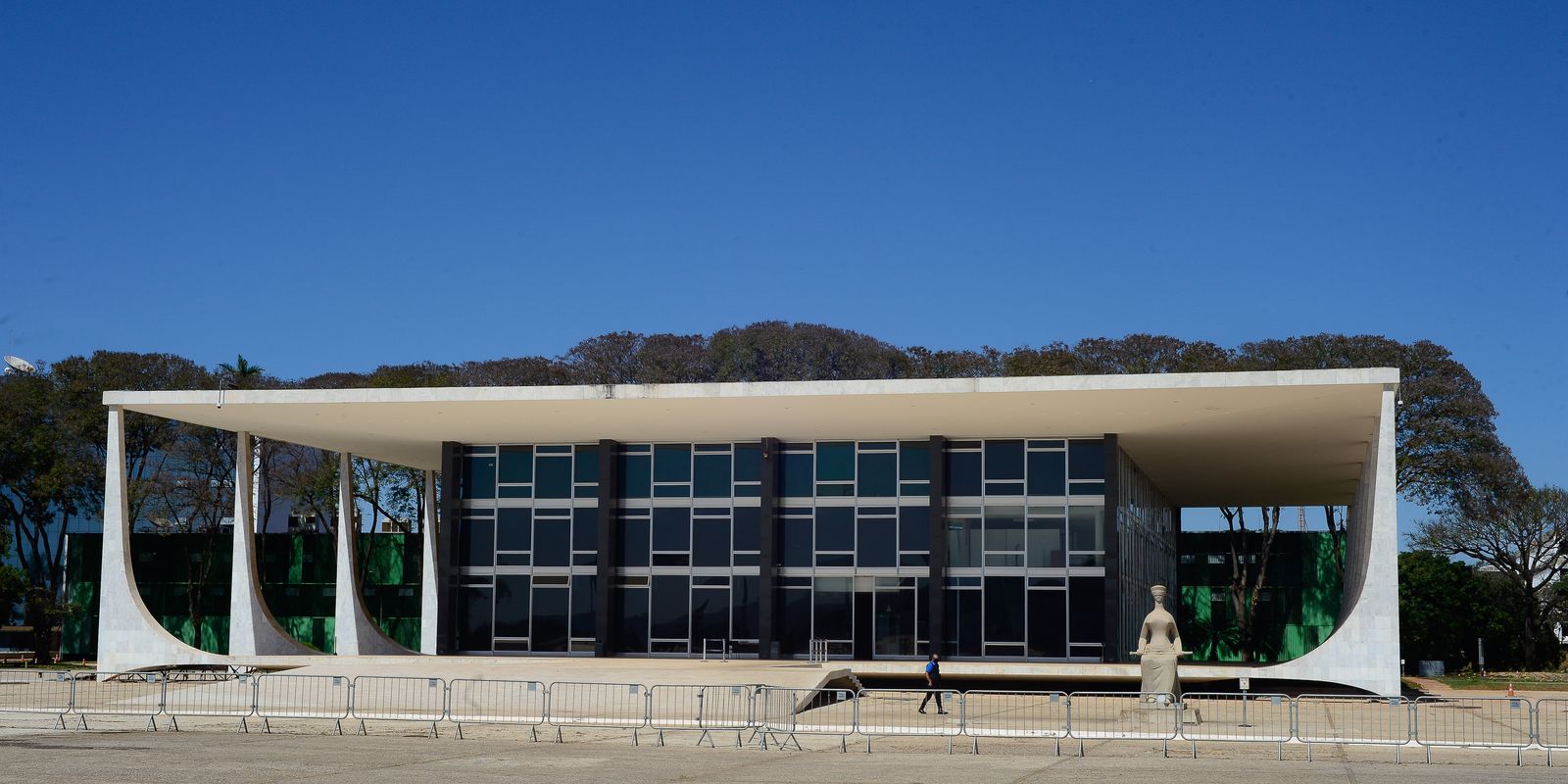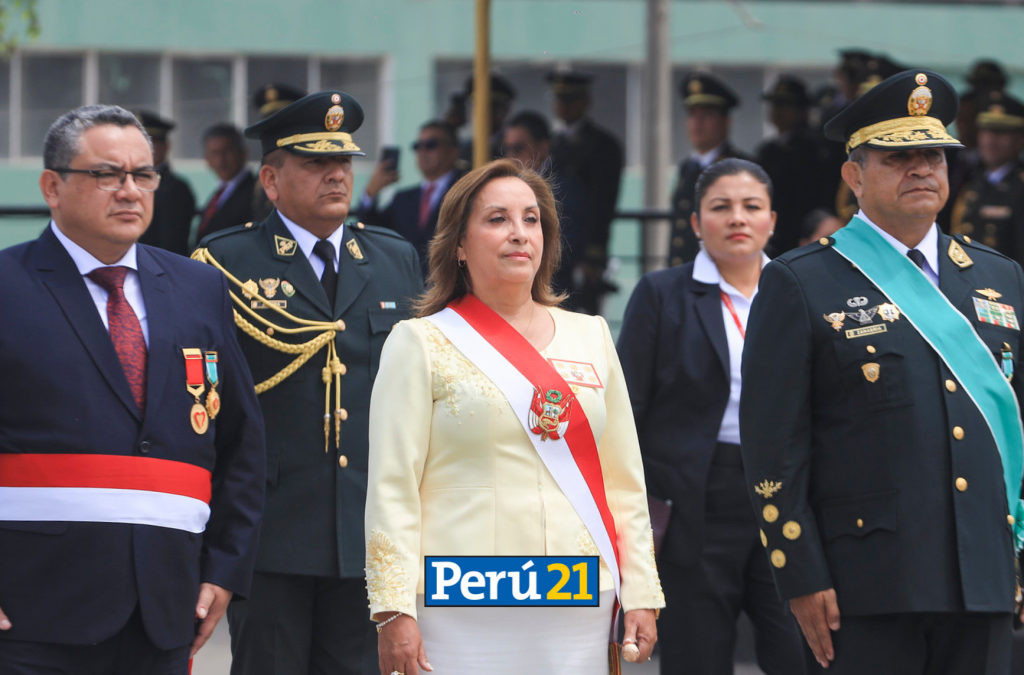This Friday (6), the Federal Supreme Court (STF) formed a majority vote to confirm the constitutionality of the intermittent employment contract, included in the Consolidation of Labor Laws (CLT) by the 2017 labor reform.
By the score of 6 votes to 2, the ministers maintained the changes in labor legislation to insert the hiring model.
The case was judged again in the Court’s virtual plenary session after being interrupted in September this year by a request for a review from Minister Cristiano Zanin, who voted this Friday for the constitutionality of the thesis.
In addition to Zanin, ministers Nunes Marques, Alexandre de Moraes, André Mendonça, Luiz Fux and Gilmar Mendes spoke out in favor of the legality of the changes to the CLT.
The rapporteur, Edson Fachin, and minister Rosa Weber, who spoke before retiring, considered intermittent work unconstitutional.
The votes of four ministers are missing. Virtual voting continues until December 13th.
The actions in the STF challenging intermittent work were filed by unions that defend gas station attendants, telemarketing operators and industry workers.
For entities, the model favors the precariousness of the employment relationship and the payment of wages below the minimum wage, in addition to preventing collective organization of workers.
As defined in the labor reform, the intermittent worker is paid for hours or days worked, and has vacation, FGTS and thirteenth salary in proportion to the period worked. The contract defines the value of the working hour, which cannot be lower than the minimum wage per hour or the remuneration of other employees performing the same function.
The employee must be summoned at least three calendar days in advance. During your downtime, you can provide services to other companies.















